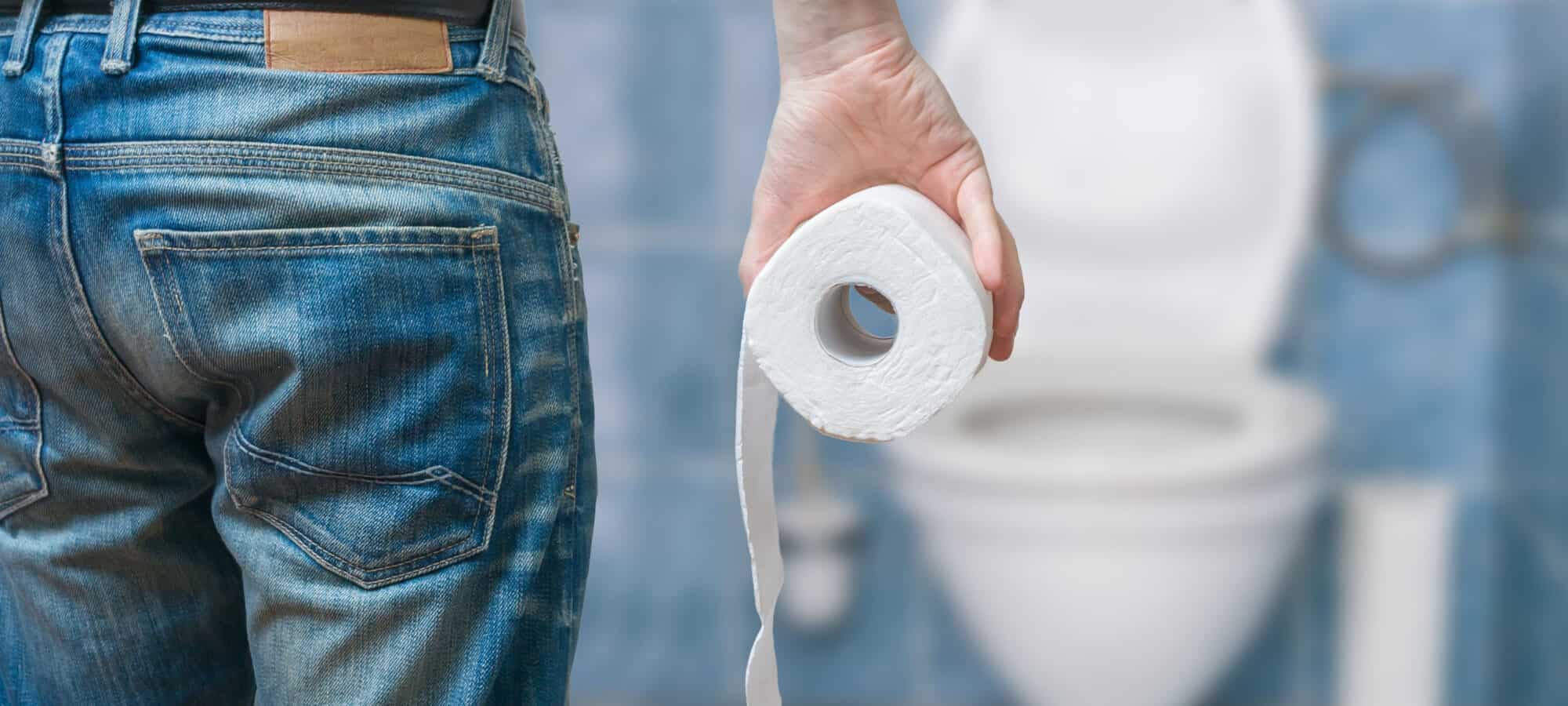What are the symptoms of pouchitis?
Pouchitis is an inflammation of the ileal pouch, which is a surgically created reservoir at the end of the small intestine, typically formed after a proctocolectomy for conditions like ulcerative colitis or familial adenomatous polyposis. Symptoms of pouchitis can vary in severity but commonly include:
Gastrointestinal Symptoms
- Abdominal Pain or Cramping: Discomfort or pain in the abdominal area, often associated with bowel movements.
- Diarrhea: Frequent, loose stools are a common symptom of pouchitis.
- Increased Stool Frequency: An increased number of bowel movements per day compared to the normal post-surgery baseline.
- Rectal Bleeding: Presence of blood or mucus in the stool, although bleeding is less common than with other inflammatory bowel conditions.
- Bowel Urgency: A sudden and strong need to have a bowel movement.
Systemic Symptoms
- Fever: Elevated body temperature may occur, especially if the inflammation is severe.
- Fatigue: Generalized tiredness or lack of energy can result from the chronic inflammation and discomfort.
Other Symptoms
- Nausea and Vomiting: In some cases, pouchitis may be accompanied by nausea or vomiting.
- Weight Loss: Unintended weight loss due to reduced appetite or increased stool frequency.
Pouchitis can vary in intensity from mild to severe and may also present with symptoms similar to other gastrointestinal disorders. If you experience symptoms of pouchitis, it’s important to consult a healthcare provider for proper diagnosis and treatment.
What are the causes of pouchitis?
Pouchitis is an inflammation of the ileal pouch, which is created surgically for patients with conditions like ulcerative colitis or familial adenomatous polyposis. The exact causes of pouchitis are not always clear, but several factors and conditions are believed to contribute:
1. Infection
- Bacterial Overgrowth: Overgrowth of certain bacteria in the ileal pouch can lead to inflammation.
- Other Infections: Infections from pathogens such as Clostridium difficile, Escherichia coli, or other microorganisms may contribute to pouchitis.
2. Immune System Reaction
- Autoimmune Response: An abnormal immune response targeting the pouch can lead to inflammation. This is similar to the autoimmune processes seen in inflammatory bowel diseases (IBD).
3. Altered Bowel Flora
- Dysbiosis: An imbalance in the normal gut microbiota may play a role in the development of pouchitis. Changes in the types and amounts of bacteria in the pouch can trigger inflammation.
4. Pouch Design and Function
- Pouch Configuration: Issues with the design or function of the pouch, such as poor drainage or anatomical problems, may contribute to inflammation.
- Pouch Functionality: Problems with how the pouch processes waste can affect its health.
5. Underlying Disease
- Chronic Inflammatory Conditions: Patients with a history of inflammatory bowel disease, such as ulcerative colitis, may have ongoing inflammation that can affect the pouch.
6. Dietary Factors
- Dietary Triggers: Certain foods or dietary habits may exacerbate inflammation or lead to symptoms similar to pouchitis, although diet alone is not typically a direct cause.
7. Other Factors
- Stress: Emotional or psychological stress may contribute to the exacerbation of symptoms or inflammation.
- Medication Effects: Certain medications may impact the pouch or contribute to inflammation.
Pouchitis can be classified into acute or chronic forms, and management often involves addressing these underlying factors. Treatment typically includes medications, such as antibiotics or anti-inflammatory drugs, and lifestyle modifications to manage symptoms and prevent recurrence.
What is the treatment for pouchitis?
Treatment for pouchitis focuses on reducing inflammation, managing symptoms, and addressing any underlying causes. The approach can vary depending on whether pouchitis is acute or chronic. Here are common treatment strategies:
1. Medications
- Antibiotics: To treat bacterial overgrowth or infections that may be contributing to inflammation. Common choices include ciprofloxacin and metronidazole.
- Anti-Inflammatory Medications: Medications such as 5-aminosalicylic acid (5-ASA) compounds may be used to reduce inflammation. In some cases, corticosteroids may be prescribed for severe inflammation.
- Probiotics: These may help restore the balance of gut bacteria and reduce symptoms, although evidence on their effectiveness is mixed.
2. Dietary Adjustments
- Diet Modifications: Avoiding certain foods that may irritate the pouch or worsen symptoms. A diet low in fiber or tailored to individual tolerance may be recommended.
- Hydration: Ensuring adequate fluid intake to prevent dehydration, especially if diarrhea is a symptom.
3. Lifestyle Changes
- Stress Management: Techniques such as relaxation exercises or counseling to manage stress, which may impact symptoms.
- Regular Monitoring: Ongoing follow-up with a healthcare provider to monitor pouch function and adjust treatment as needed.
4. Surgical Interventions
- Reoperation: In cases where pouchitis is severe or chronic and not responsive to other treatments, surgical options such as pouch revision or creation of a new pouch may be considered.
5. Management of Underlying Conditions
- Treatment of Related Conditions: Addressing any underlying inflammatory bowel disease or other related conditions that may be contributing to pouchitis.
6. Supportive Therapies
- Nutritional Support: In cases of significant weight loss or nutritional deficiencies, dietary supplements or a special diet may be needed.
- Pain Management: Using pain relief methods as necessary to manage abdominal discomfort.
Treatment for pouchitis often requires a multidisciplinary approach, involving gastroenterologists, dietitians, and sometimes surgeons, to provide comprehensive care and improve outcomes for affected individuals.

Leave a Reply
You must be logged in to post a comment.